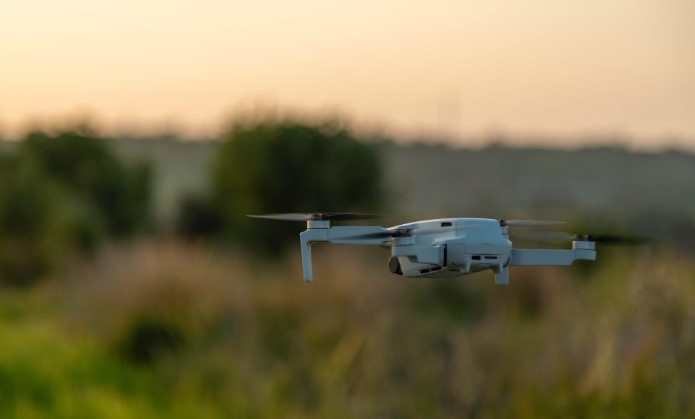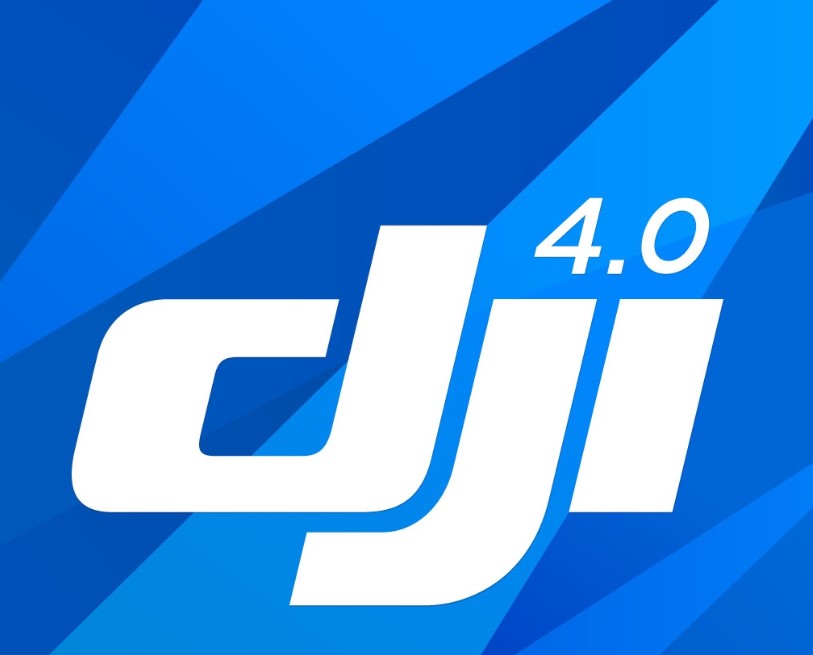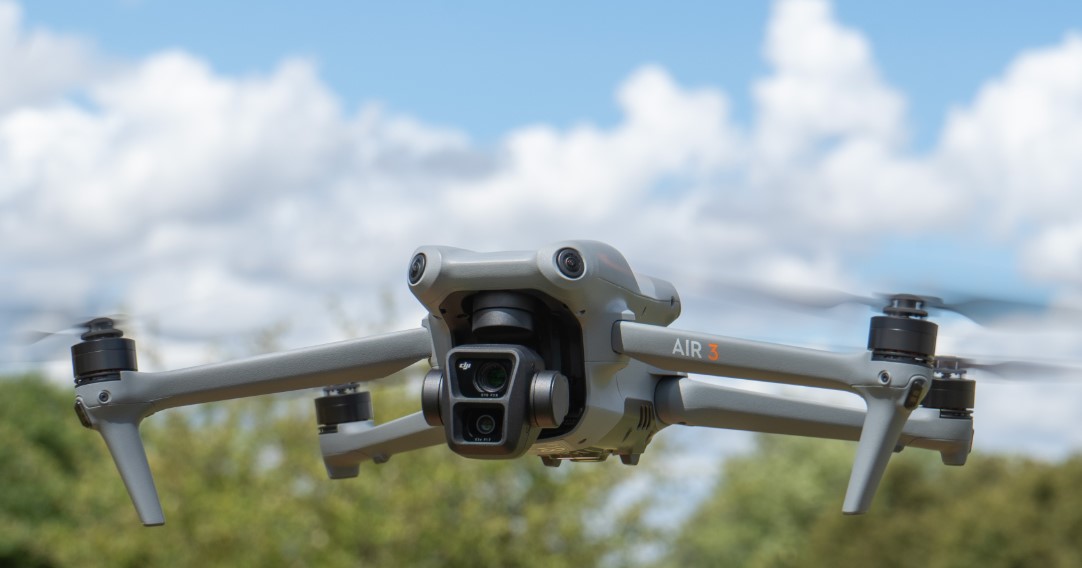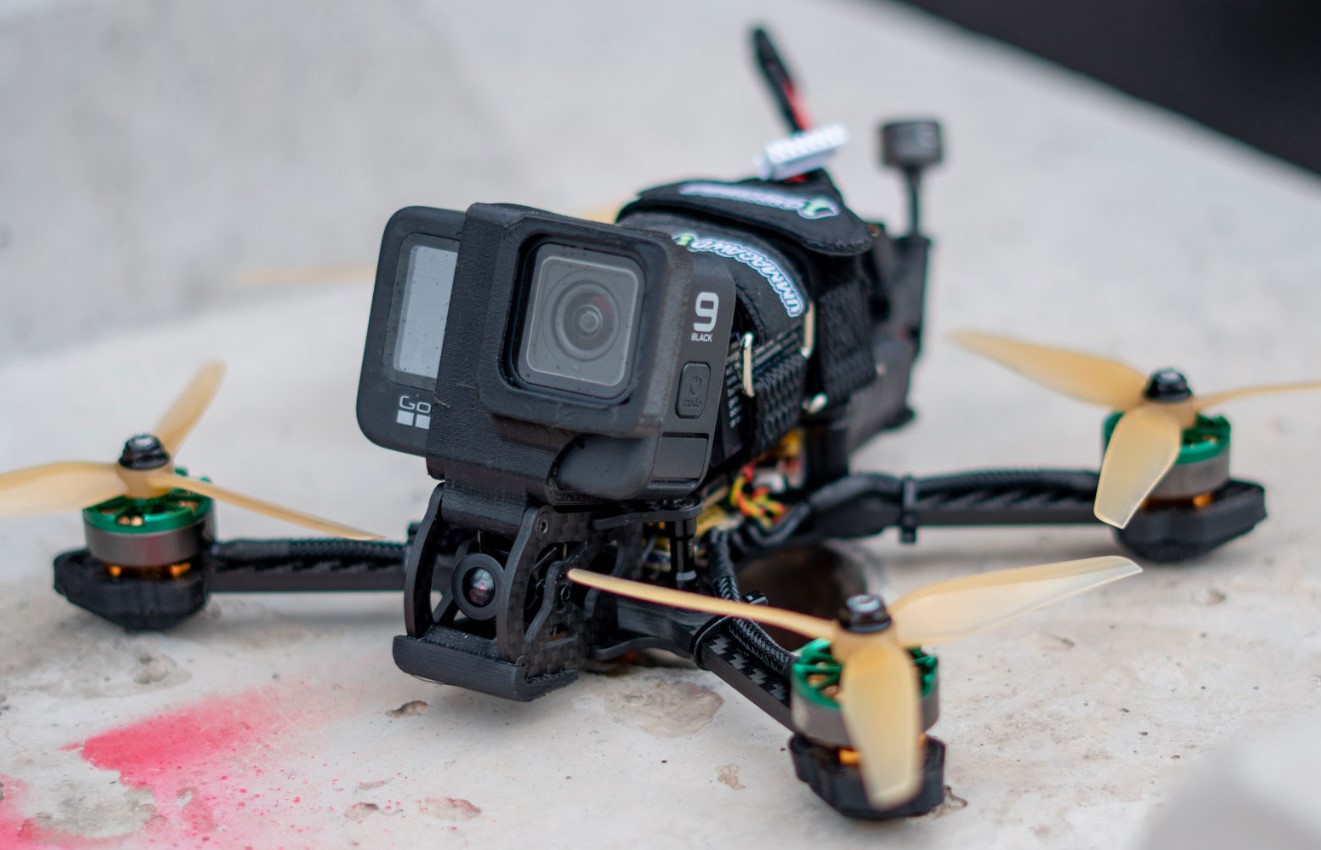Is Drone Deer Recovery Legal in Kansas? The advent of drone technology has transformed various industries, from agriculture to filmmaking, and even wildlife management. One of the increasingly popular uses of drones is deer recovery—using unmanned aerial vehicles (UAVs) to locate and retrieve deer after a hunt. However, the legality of drone deer recovery varies significantly by jurisdiction, including within the United States. This essay explores the legality of drone deer recovery in Kansas, analyzing its alignment with state and federal laws, ethical considerations, and implications for hunters and wildlife conservationists. Follow Dronevoz.com !!!
Understanding Drone Deer Recovery
Drone deer recovery involves deploying drones equipped with high-resolution cameras, infrared sensors, or thermal imaging technology to locate downed deer. This technique can save hunters significant time and effort, particularly in dense woods or large open areas. By pinpointing the exact location of a deer, hunters can ensure minimal waste and maximize the utility of the harvested animal.
While this practice offers numerous benefits, such as reducing the chances of lost game and improving efficiency, it also raises questions about fairness, ethics, and adherence to hunting laws.
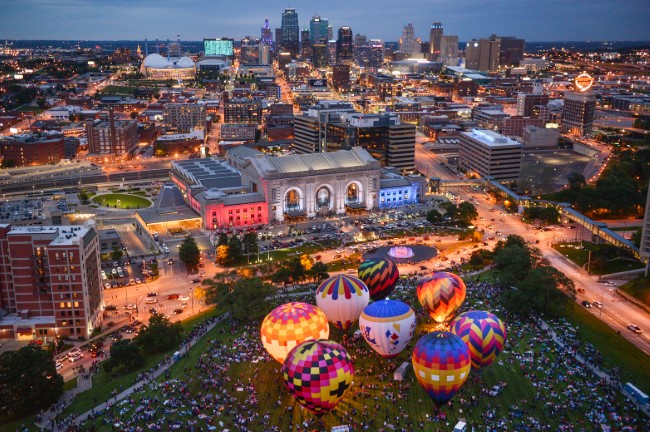
Is Drone Deer Recovery Legal in Kansas?
Kansas has a rich hunting culture, with deer hunting being one of the most popular activities among outdoor enthusiasts. The state’s hunting laws are governed by the Kansas Department of Wildlife and Parks (KDWP), which sets forth rules to ensure ethical and sustainable hunting practices.
Kansas Statutes on Technology in Hunting
The KDWP explicitly prohibits the use of certain technologies to gain an unfair advantage in hunting. For example, Kansas law bans the use of artificial light, baiting in certain areas, and electronic devices to locate or take wildlife. These restrictions aim to preserve the “fair chase” ethos, which is a cornerstone of ethical hunting.
The use of drones for hunting purposes falls under these regulations. Specifically, Kansas law prohibits the use of aircraft, including drones, to hunt, spot, or pursue wildlife. This prohibition extends to drone-assisted deer recovery if it involves locating live animals, as it could be interpreted as gaining an unfair advantage.
Legal Gray Areas
While using drones to locate live animals is clearly prohibited, the law is less explicit about using drones to recover already downed game. This creates a gray area where drone deer recovery might be technically permissible if it does not involve spotting or pursuing live deer. Hunters considering this practice should consult the KDWP or legal counsel to ensure compliance with state regulations.
>>> Read: Is Drone Deer Recovery Legal in Indiana?
Federal Regulations and Their Impact
In addition to state laws, federal regulations also influence the legality of drone usage in hunting and wildlife activities. The Federal Aviation Administration (FAA) regulates all drone operations in the United States, requiring drone pilots to adhere to specific rules, such as maintaining line-of-sight and avoiding restricted airspace.
For hunters in Kansas, these federal regulations add another layer of complexity. For instance, using drones near national wildlife refuges or other federally protected areas could violate FAA or U.S. Fish and Wildlife Service rules. Additionally, commercial drone operators must hold an FAA Part 107 certification, which could apply if a hunter hires a professional drone pilot for deer recovery.
Ethical Considerations in Drone Deer Recovery
Ethical hunting practices are a significant aspect of wildlife conservation and outdoor traditions. Critics of drone deer recovery argue that it undermines the principles of fair chase and self-reliance, which are central to the hunting ethos. By relying on technology to locate game, hunters may erode the skills and patience traditionally associated with tracking and recovery.
On the other hand, proponents argue that drone deer recovery promotes ethical hunting by reducing waste. Locating a downed deer quickly ensures that the meat remains fresh and usable, aligning with the principle of respecting the animal and the harvest.
Implications for Wildlife Conservation
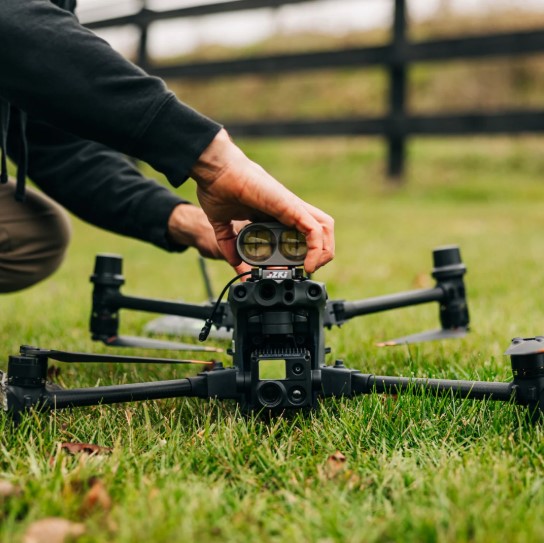
From a conservation perspective, the use of drones in wildlife activities presents both opportunities and challenges. While drones can aid in research and monitoring, their misuse could disrupt wildlife behavior, particularly during sensitive periods such as mating or migration.
In Kansas, where wildlife management is critical to maintaining ecological balance, any practice that potentially disturbs wildlife must be carefully regulated. Drone deer recovery, if misused, could set a precedent for broader applications of drone technology that might harm local ecosystems.
Public Opinion and Stakeholder Perspectives
Public opinion on drone deer recovery in Kansas is divided. Traditional hunters often oppose the practice, viewing it as a threat to the integrity of the sport. Conversely, tech-savvy younger hunters and some conservationists see it as a valuable tool for reducing waste and improving efficiency.
Wildlife agencies and hunting organizations in Kansas are likely to weigh these perspectives carefully when considering policy changes. Engaging stakeholders, including hunters, conservationists, and drone operators, will be essential to developing balanced regulations that address both ethical and practical concerns.
Recommendations for Hunters in Kansas
Given the legal and ethical complexities surrounding drone deer recovery in Kansas, hunters should proceed with caution. Here are some recommendations:
- Consult KDWP Guidelines: Before using a drone for deer recovery, check the latest regulations from the Kansas Department of Wildlife and Parks to ensure compliance.
- Avoid Pursuing Live Deer: Using drones to locate or harass live animals is explicitly prohibited and could result in fines or license suspension.
- Respect Private Property: Ensure you have permission to operate a drone over private land, as trespassing laws still apply.
- Follow FAA Rules: Adhere to federal drone regulations, including maintaining line-of-sight and avoiding restricted airspace.
- Consider Ethical Implications: Reflect on how drone usage aligns with the principles of fair chase and responsible hunting.
Conclusion
The legality of drone deer recovery in Kansas is a nuanced issue that intersects with state hunting regulations, federal drone laws, and ethical considerations. While Kansas law prohibits using drones to hunt or pursue live wildlife, the use of drones for recovering already downed game occupies a legal gray area that requires further clarification.
Hunters in Kansas must navigate these complexities carefully, balancing the benefits of modern technology with the traditional values of the sport. By staying informed and adhering to ethical practices, hunters can ensure that drone usage supports rather than undermines the principles of wildlife conservation and responsible hunting. As drone technology continues to evolve, ongoing dialogue among stakeholders will be essential to crafting policies that reflect the needs and values of Kansas’s hunting community.
